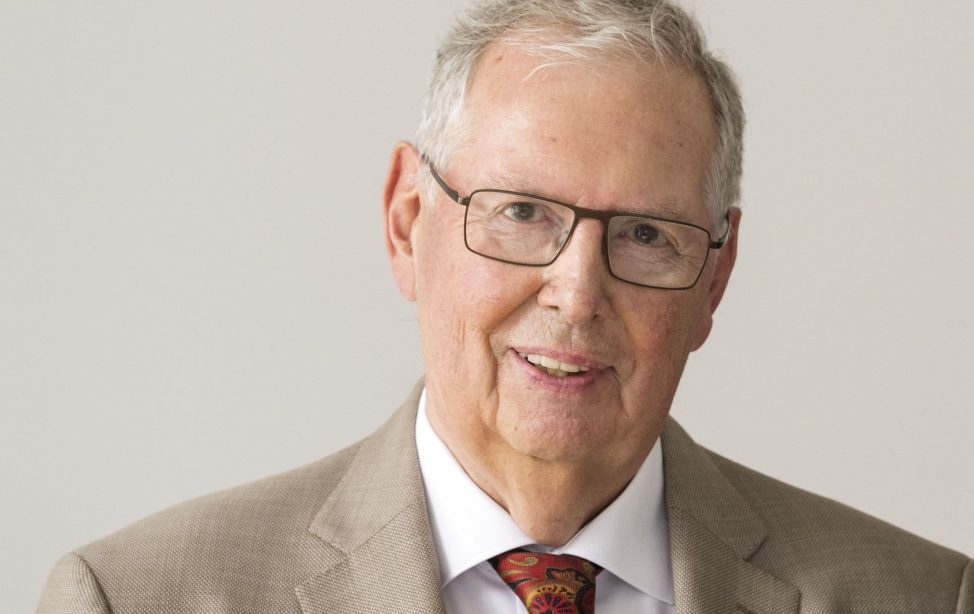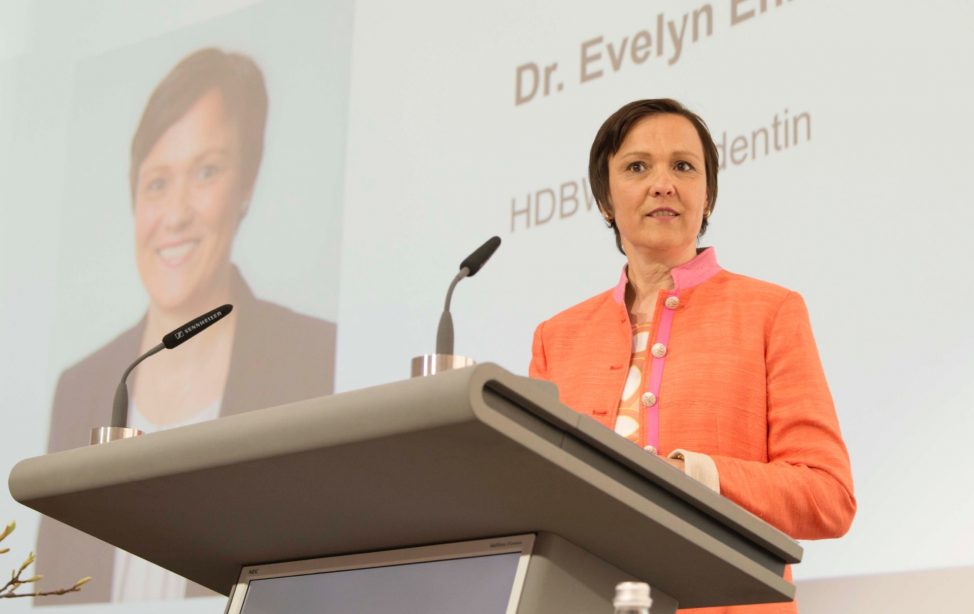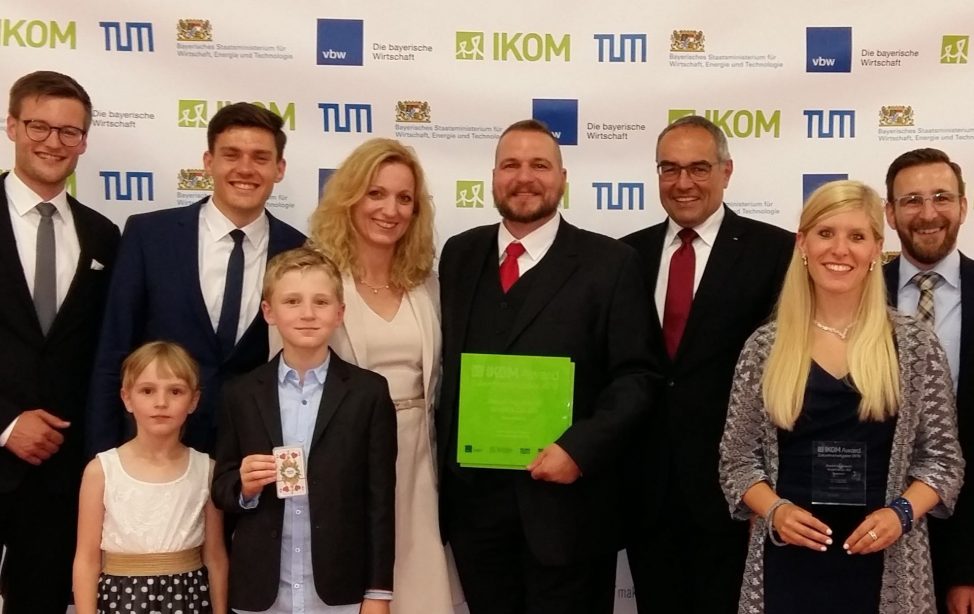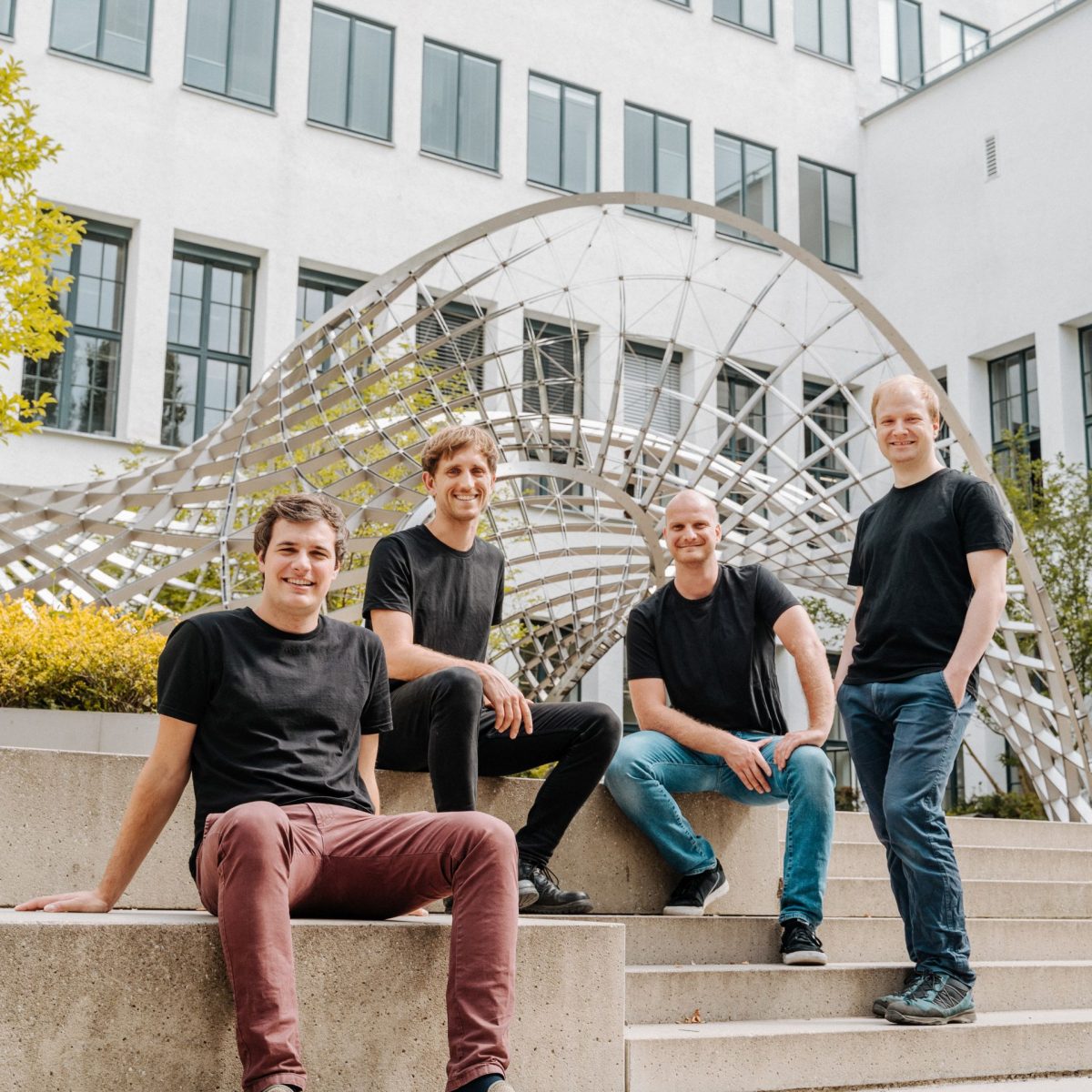
TUM alumnus Dr. Florian Bauer and his three co-founders develop airborne wind energy systems. They are convinced that their technology can make a decisive contribution to combating climate change (Image: kiteKRAFT).
He was already familiar with the concept of airborne wind energy. As an engineer, he was instantly fascinated by the idea, which combined wind energy – and therefore green electricity – with a form of aircraft. Bauer explored the topic in detail in his Master’s thesis. After graduating, Bauer remained at TUM, continuing his research as a doctoral candidate at the Chair of Electrical Drive Systems and Power Electronics (today called the Chair of High-Power Converter Systems).
THE POTENTIAL OF AIRBORNE WIND ENERGY
Florian Bauer examined many airborne wind energy concepts in detail, conducting research into power electronics, aerodynamics and blade design. He wanted to find out whether airborne wind energy actually had the potential to make a significant contribution to renewable energy generation – and, if so, what an airborne wind energy system should look like. Bauer tackled exactly these questions in his doctoral thesis.
A tethered electric aircraft, also known as a kite, can independently travel in a figure of eight at a constant altitude, providing a clean, cost-effective means of generating energy. This technology offers certain benefits, as Bauer explains: “Unlike conventional wind turbines, this kite-type system does not involve using hundreds of tons of concrete and steel to erect a tower and lay foundations. All it needs is a thin electromechanical tether and software algorithms,” he enthuses. Additionally, as these systems are barely visible, they leave the natural environment around them virtually undisturbed. This technology could therefore become an attractive option for farmers, companies in rural areas and even private individuals. The kites’ design means they can be installed easily even in hard-to-reach locations with little infrastructure.
Before he knew it, Florian Bauer’s doctoral thesis had laid the foundations for a pioneering product and a start-up. “I was adamant that I didn’t want this potential to go untapped, gathering dust in a desk drawer or on a shelf in the university library,” says Florian Bauer.
He brought TUM alumni André Frirdich (Bachelor’s in Mechanical Engineering & Management 2016, Master’s in Mechanical Engineering 2019) and Christoph Drexler (Bachelor’s in Mechanical Engineering 2015, Master’s in Mechanical Engineering 2019) on board to help realize his vision. The pair had already written their Master’s theses on Florian Bauer’s research project. Finally, environmental engineer Max Isensee joined to complete the quartet. In 2019, they founded a company: kiteKRAFT.
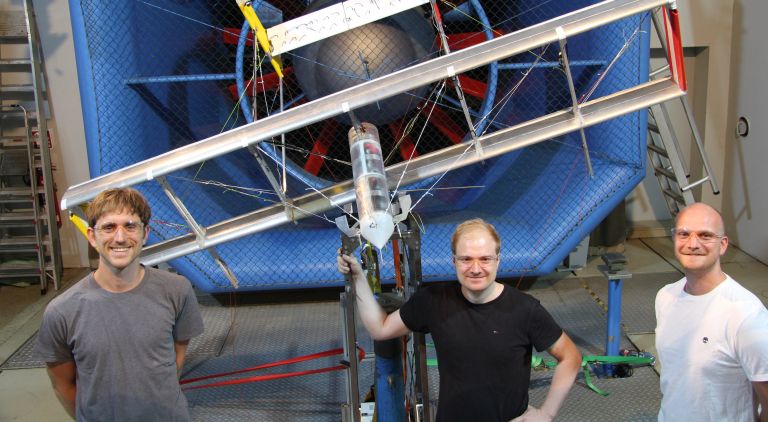
(From left) TUM alumni and kiteKRAFT founders Christoph Drexler, Florian Bauer and André Frirdich test one of their airborne wind energy systems, also called a kite, in a wind tunnel. The tethered kite autonomously travels in figures of eight at a constant altitude, using wind energy to generate clean electricity (Image: kiteKRAFT).
Without Tum’s Support, We Certainly Would Not Have Come as Far as We Have.
The entrepreneurs were able to rely on TUM not only in terms of infrastructure but also with regard to manpower. Florian Bauer’s doctoral supervisor, Prof. Ralph Kennel, his successor Prof. Marcelo Lobo Heldwein and Prof. Carlo L. Bottasso all provided advice and support from the outset. They also encouraged their students to write their semester papers, Bachelor’s theses and Master’s theses about kiteKRAFT to research and refine a real piece of hardware. Around a hundred students in all manner of disciplines at TUM, including electrical engineering, mechanical engineering, aerodynamics, robots, control engineering and business management have already seized this opportunity, chipping in with a problem-solving approach or two.
PRESERVING OUR SPACESHIP
At present, Florian Bauer and his three colleagues are focused on making the kiteKRAFT technology more robust and scaling up their kite to a wingspan of 10 m and a rated output of 100 kW. In two years’ time, they hope to bring their highly promising product onto the market, begin series production and scale up into the megawatt range. “We have to be clear that the planet Earth is our natural spaceship upon which we travel through the Milky Way,” says Florian Bauer. “The Earth is the only place we know of in the universe where life is demonstrably possible. We must do everything we can to preserve it.”
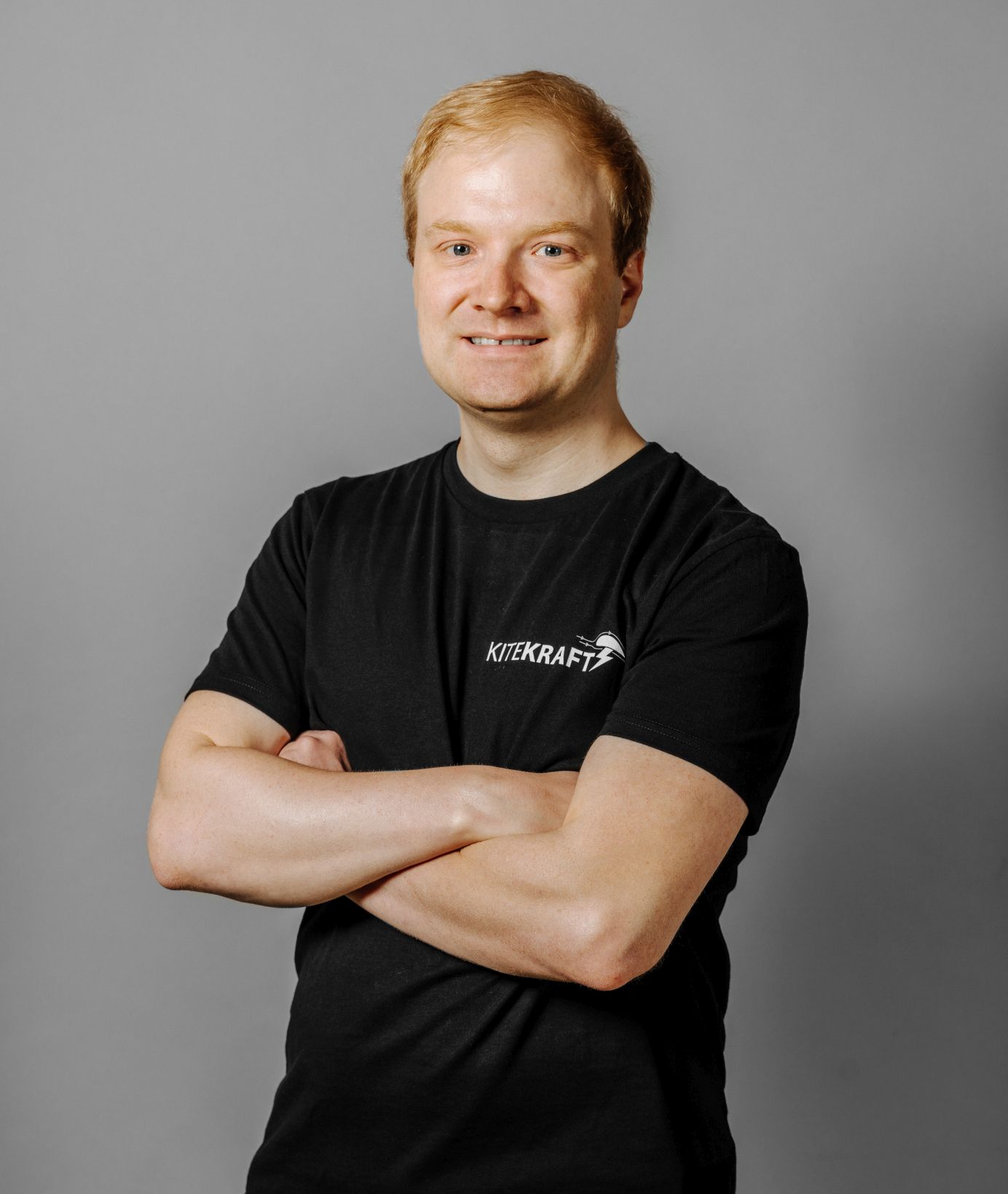
Florian Bauer (Image: kiteKRAFT)
Dr. Florian Bauer
Master’s in Electrical Engineering and Information Technology 2013, PhD in Electrical Drive Systems and Power Electronics 2021
Master’s in Electrical Engineering and Information Technology 2013, PhD in Electrical Drive Systems and Power Electronics 2021
In 2012, Florian Bauer received his Bachelor’s degree in Renewable Energy from Bielefeld University of Applied Sciences (FH Bielefeld). He completed his Master’s degree in Electrical Engineering and Information Technology at TUM in 2013. He was supported during his studies through the TUM Deutschlandstipendium.
In 2021, he was awarded a doctorate in Electrical Drive Systems and Power Electronics from TUM. In 2019, he partnered with TUM alumni André Frirdich (Bachelor’s in Mechanical Engineering & Management 2016, Master’s in Mechanical Engineering 2019) and Christoph Drexler (Bachelor’s in Mechanical Engineering 2015, Master’s in Mechanical Engineering 2019) and environmental engineer Max Isensee to found a start-up, kiteKRAFT.
In the little free time he has, Florian Bauer enjoys skiing and cycling.
